WHAT IF? (Part 2: What if we remembered our relations?)
 July 21, 2019
July 21, 2019 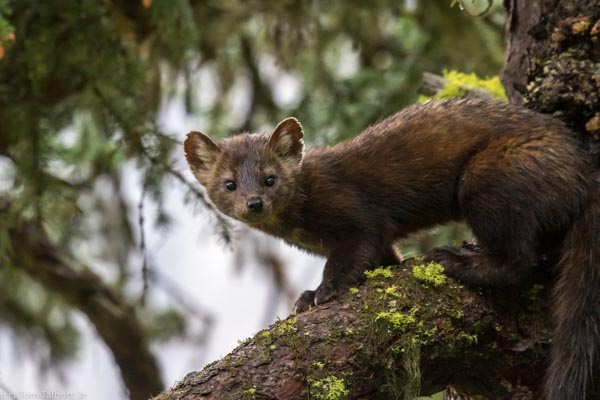
While everything that humans make and do is "nature expressing itself," our “making and doing” has isolated us from many of the rest of the world’s inhabitants. We have forgotten our relations.
This seems at least partly due to the “human” and “nature” split that I talked about in the last post. When we use the terms “human” and “nature” we begin to think of them as somehow equivalent: as though “human” were on one end of a see saw and “nature” was on the other. We forget that we are just one species—ONE—among millions. One current estimate is 8.7 million. That looks like this:
1 (That’s us.)
11111111111111111111111111111111111111111111111111111111111111111111111111111
11111111111111111111111111111111111111111111111111111111111111111111111111111
11111111111111111111111111111111111111111111111111111111111111111111111111111
11111111111111111111111111111111111111111111111111111111111111111111111111111
111111111111111111111111111111111111111111111111………
That is only 352, but you get the point. 8,700,000 is a lot.
It is easy to forget that those zeros stand for more than the space they take up on the screen. Imagine 8,700,000 written out fully rather than symbolically. If we continued with the hatch marks, each page in a typical book would hold 2860 of them. A book with a hatch mark for every other species on the earth would be 3042 pages long. That is a very, very, VERY large book.
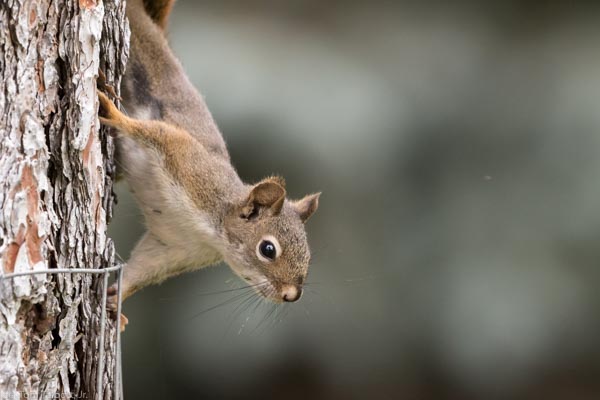
So to recognize that there is us.
AND there are 8,699,999 OTHER kinds of life that we share the world with.
This would be the place in this post where it would make sense to talk about extinction rates. Where I might mention how the usual background extinction rate is something like 5 species a year, and about how the extinction rate at this point is 1000 times that, more on the scale of the extinction of the dinosaurs. But one of the reasons I am writing these posts is that I am looking for a different route through this material. We have all heard about habitat loss and climate change, but this doesn't change how we live. I know when I hear things like that it is not really motivating; I just feel discouraged.
I get glimpses every now and then—mostly when I am still and silent—that there is a subtle but profound shift in my awareness in which I get a sense, for lack of a better word, of "okay-ness." I can't yet fully identify this shift and I certainly can't yet reliably live it. But I know that it exists, and every now and then I find it for a few minutes. Perhaps it is a sudden recognition of myself in the eyes of another creature. Perhaps it is really wondering what it means to do something as radically ridiculous as turning the other cheek. Perhaps it is actually letting in the idea that I am a light in the world.
What I do know is that motivating people to change through fear and shame doesn't seem to be working. Though it may galvanize short-term action, it also creates divisions—both in our hearts and in our communities. We can only care for what we love. And in order to love our relations, we first have to love ourselves.
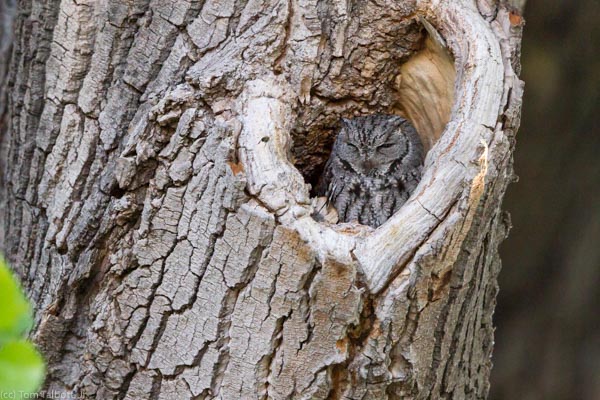
So instead, I will start by saying that forgetting our relations is pretty normal. I don’t believe that ants pay much attention to the well-being of plants that can’t grow around their ant mound. Or that the cougar worries about the rabbit. Or that deer are concerned about grass. For the most part, this kind of worry would not be very helpful to that animal—it would simply create a creature that could not survive. This is not adaptation; it is neurosis.
Most species pretty much take care of themselves. And up until now it has mostly worked. Different species came and went, populations increased and decreased, but in the long run life on earth has become increasingly more complex and specialized and interwoven, mostly as a result of the collective effect of individuals going about their individual business.
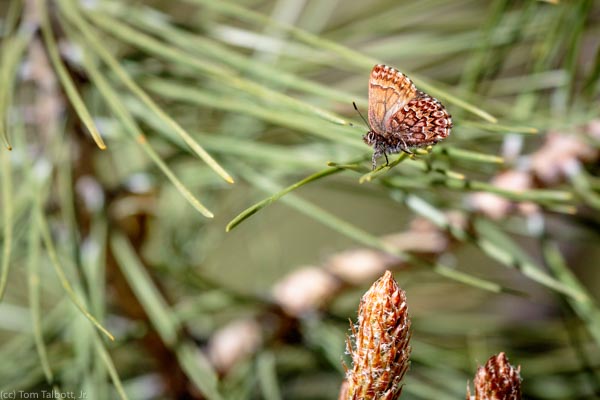
But we find ourselves in a different situation now than the mountain lion and the ant. We find ourselves in a situation where our ability to problem solve and our communal reach has extended our impact in a way never before seen. We have not only developed more efficient ways to find food and shelter, allowing us to expand where we can live and in what numbers, we are also managing to reduce many of the factors that would have previously limited our population growth.
Human population estimates as of June 2019 (according to the US Census Bureau) list the current number of people at around 7.57 billion. If you thought the number of species is a lot, try wrapping your head around these numbers.
7,577,000,000
If it took a book 3042 pages long to hold a hatch mark for every species on earth, how long would that book be to hold a hatch mark for every human being on earth? Ready?
2,649,301 pages.
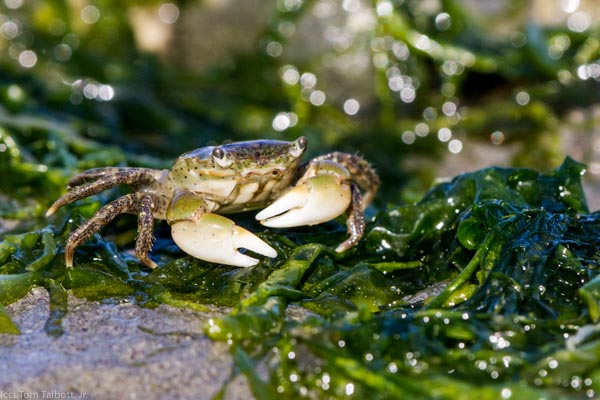
So this is another reason why it is easy to focus on ourselves. There are a lot of us. And we are big and noisy and interesting. We take up a lot of space. We make race cars and operas and World Cups and best sellers and satellites and movies. We wage wars and claim water rights and drill for oil. We can talk to someone from any country in the world by tapping our fingers in a magical pattern on a little glass screen. We can see pictures of ourselves (maybe even videos) from the time that we are born to the time that we die.
There is so much about nature expressing itself as humans that is fascinating and beautiful and dizzyingly awe inspiring. And also terrifying and terrible. I do not understand a fraction of a fraction of a percent of the things that we are capable of as a species—physically, mentally, or spiritually. And I can turn on a screen that will show me pictures of human beings doing fascinating and courageous and stupid and inspiring and horrifying things from all corners of the planet at any hour of the day or night.
Where is there the time or the inclination to think about bobolinks or blister beetles?
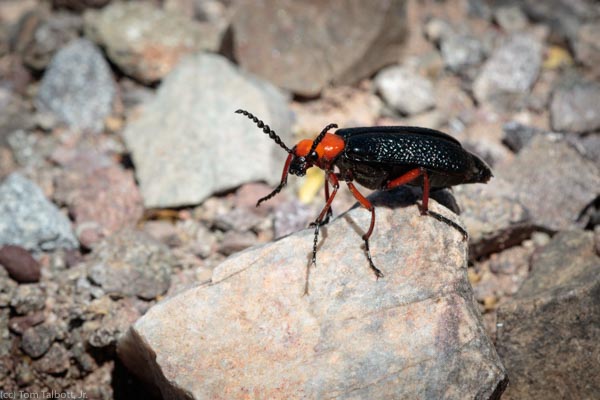
Blister Beetle
And this is not even taking into account the effect of wars, natural disasters, scarce resources, or just the daily effort of making a living and raising children on our ability to take the time to think about other creatures, or the systems of the earth as a whole—the air, waters, forests, fields, and lands that sustain all of life. There are many reasons why we have forgotten our relations.
I believe our relations are worth remembering. That having empathy and understanding for other creatures is part of knowing ourselves. That when we see the connections between things—can see the systems rather than just things in isolation—that we can find our place in the world. That what we do to the least of them we do to ourselves.
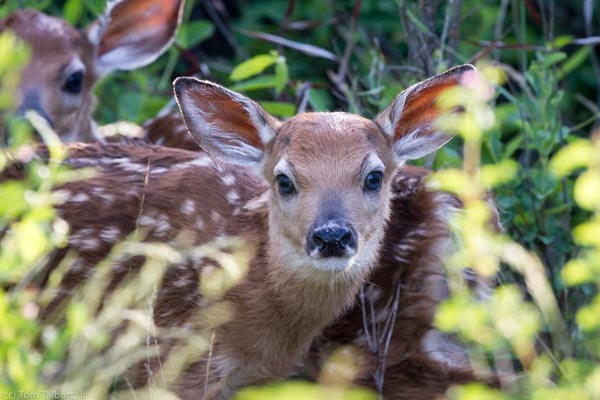
Wise men and women of all peoples throughout the ages who have known these things. Have known that life depends on other life. Have known that our well-being is tied to the well-being of the web. Have known that our nest is our nurture.
What would it take for us as a culture to remember our relations? Would it take nature developing a new mind—one that has more consciousness of the whole? Is this mind already in us and just needs practice and discipline to access? Are there indigenous cultures that know more about this? Is there a spiritual force in the universe that connects us to a larger reality?
And what would we have to give up? What would we have to face in our own hearts? What would we have to feel?
What if we were to remember our relations?
These are enough questions for a lifetime. But when I think about what it would look like to remember our relations right now, right here, today, I think of this:
“From that time forth he believed that the wise man is one who never sets himself apart from other living things, whether they have speech or not, and in later years he strove long to learn what can be learned, in silence, from the eyes of animals, the flight of birds, the great slow gestures of trees.”
--Ursula K. Le Guin
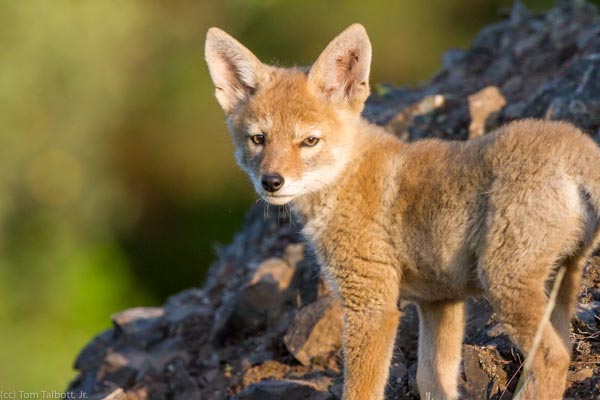
All photography by Tom Talbott, Jr., licensed under a Creative Commons Attribution-NonCommercial-ShareAlike 4.0 International License.